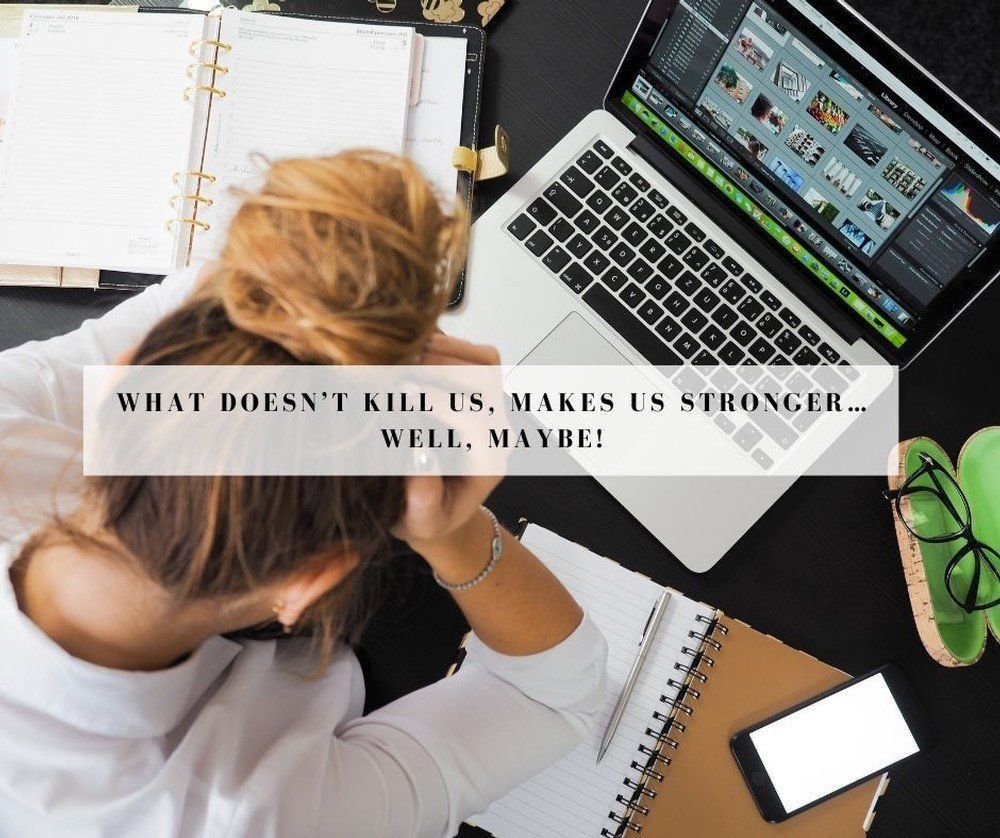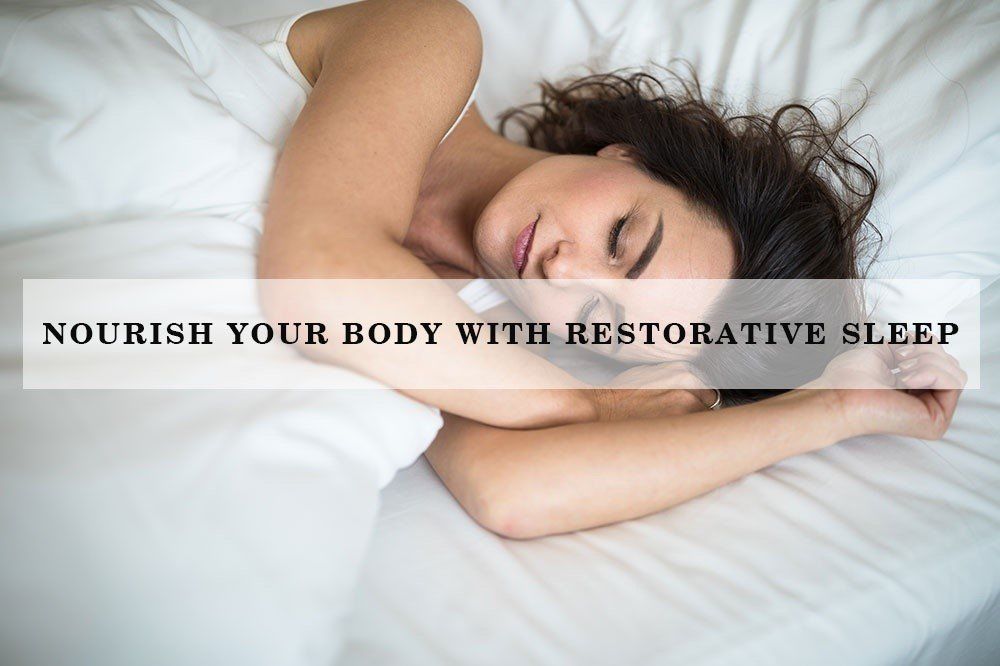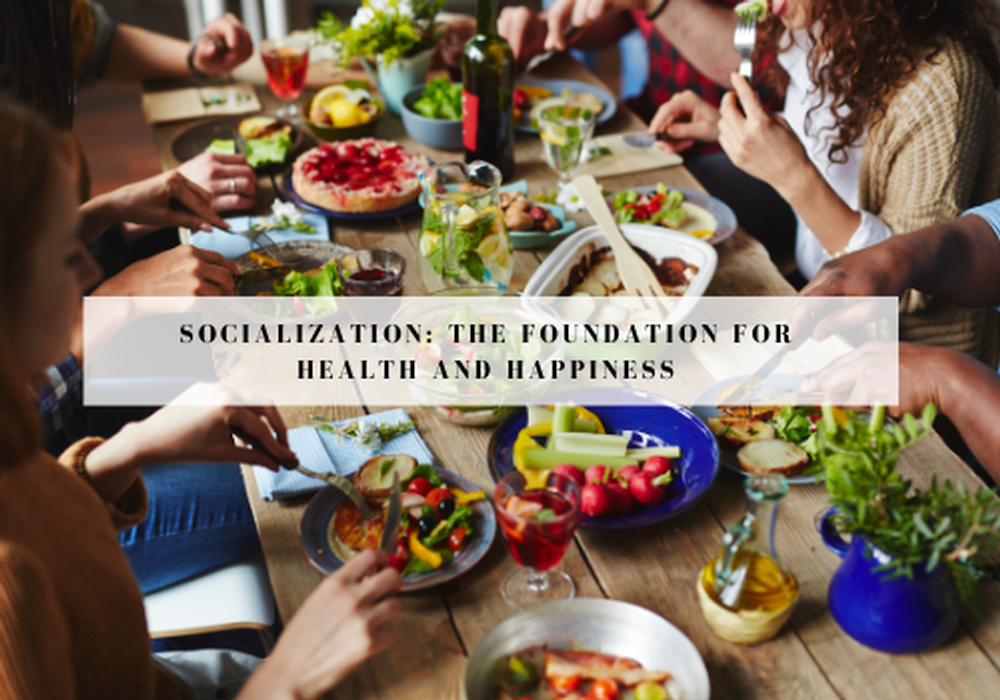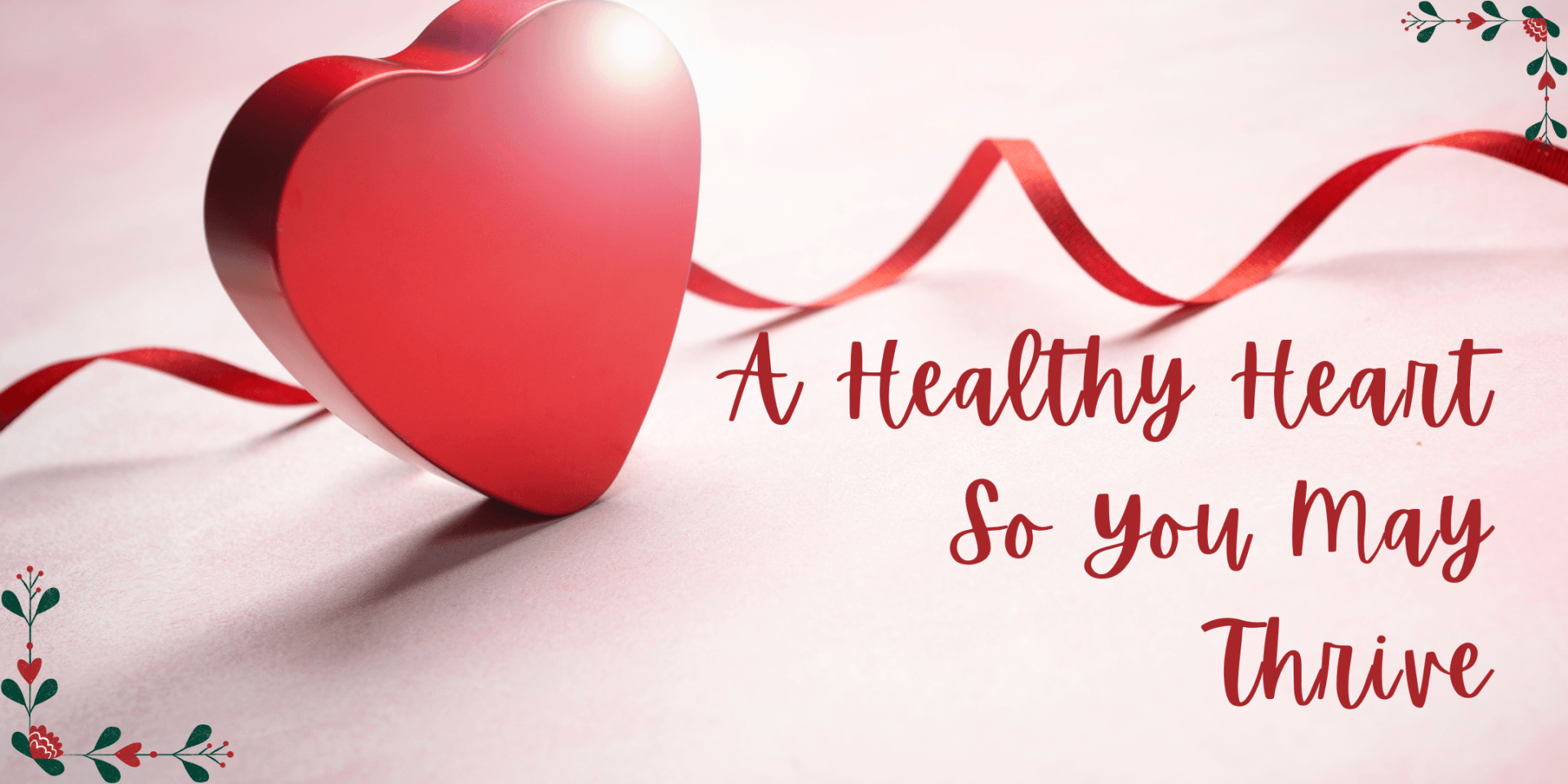Are You Being Pecked to Death By Ducks? You Are Not Alone
Are You Being Pecked to Death By Ducks? You Are Not Alone

“It’s like being pecked to death by ducks!” This is how Manny, one of my old wellness colleagues from New Jersey, would describe the constant torment of sometimes small, but stressful events that hit us from all angles. I’ve parroted the phrase many times in my day, especially now!
Everyone is too familiar with the stressors of Covid 19. Over the last two years, we all have experienced social distancing, nationwide shut downs, a healthcare crisis and annoying, individual protective equipment (masks). We have lived through toilet paper shortages, online education and Zoom meetings, to name just a few.
Now, 25 months later, just as things are possibly “calming down from Covid,” we are feeling the pain at the pump as gas prices soar; experiencing price hikes and “shrinkflation” on goods and services; and seeing unprecedented inflation in our economy. Global unrest with war in Ukraine, cyber threats and political division are realities. These are certainly stressful times.
You are not alone. Since 2007, the American Psychological Association (APA) has commissioned an annual, nationwide survey as part of its Mind/Body Health campaign. The survey is designed to examine the state of stress across the country by measuring the attitudes and perceptions among the general public. The report identifies the leading sources of stress, common behaviors used to manage stress, and the pervasive impact of stress on our lives. The results of the Stress in America 2022 survey have confirmed that virtually all aspects of our lives have been inextricably changed by Covid 19 and its aftermath.
Since April is National Stress Awareness Month it seems like an excellent time to begin, or revisit lifestyle habits to manage our stress. What may be most worrisome is the feeling that we have little or no control over these stressful situations; however, we do have control over our reactions to these stressors.
Practicing daily stress management techniques and strategies can prevent and/or help us better manage physical or emotional stress-related fallout. Here are 10 easy steps to reduce your reaction to stress:
- Take a Deep Breath: The goal of deep breathing is relaxation. To begin, sit in a relaxed position with your eyes closed. Inhale through your nose and fill your abdomen with air. Hold that position for several seconds and slowly exhale. Practice 10-15 minutes each day. Whenever possible, practice your deep breathing, for example, when you prepare your morning coffee or wash dishes. The more you practice the more proficient you will become at avoiding and managing stressful situations. Try this City of Hope deep breathing exercise.
- Mindful Meditation: Begin your meditative practice in a comfortable position, seated with your legs uncrossed and your eyes closed. Take a deep breath in (see previous deep breathing recommendations) and slowly exhale. When you exhale, say the word “one” (or another short mantra such as “uhm”) silently to yourself. Repeat this process for at least 10 minutes. If you find your mind wondering, go back to the word “one” and try to refocus your attention on your breathing. Try this guided meditation for stress release.
- Bend and Stretch: Yoga, Pilates and Tia Chi are excellent ways to practice deep breathing, meditation and physical relaxation while building strength, balance and flexibility. According to the National Institutes of Health, scientific evidence shows that yoga supports stress management, mental health, mindfulness, healthy eating, weight loss and quality sleep.
- Go to Your Happy Place: Visualization, also known as “going to your happy place,” helps you to imagine a scene, place or situation that you regard as safe, restful and happy. Begin in a comfortable position; breath in gently through your nose with your eyes closed. Picture in your mind a place you enjoy, such as the beach, mountains, or waterfalls. Practice your deep breathing technique and slowly visualize the surroundings. Use all of your senses and be mindful of your body releasing its tension. Try this relaxing visualization.
- Take a No-News Holiday: Take a break from television, social media and other news sources—just get away. It is great to be informed, but the constant notifications of social challenges or updates of financial gloom don’t make the foundation of a good mental health plan. Limit your news time to once a day or every other day.
- Workout with friends: Finding like-minded people who enjoy the physical challenges in the gym is an excellent way to get into shape and release stress as well. From an energizing Zumba class to a demanding boot camp or a grueling spinning class, finding ways to “kick-butt and take names” is great for mental and physical health. Try this high-energy workout music for your home gym.
- Take a Break: Just like we need a break from television and social media, we probably can use a break from work as well. If you haven’t had a vacation in the last two years, plan a trip. From a weekend at the beach or a visit to a local park to enjoy Mother Nature at her finest, stepping into nature helps you appreciate and enjoy life’s little pleasures.
- Practice Gratitude: If you have never journaled, now is a great time to begin. Get a notebook and each night write down three things that went well in your day. These can be simple things such as (1) I have a good job; (2) I get paid quite well; and, (3) I have a wonderful family who loves me. Each day try to think of more and more reasons why you are thankful. Visit: 101 Daily Gratitude Prompts.
- Early to Bed: Try getting 7-8 hours of sleep every night. In their book, Body On Fire, Monica Aggarwal, MD, and Jyothi Rao, MD, explain how lack of sleep leads to poor health. When the circadian rhythm or biological clock is disrupted, the body’s hormones become imbalanced. For example, cortisol, the stress hormone, is our “wake-up” hormone and is naturally peaked in the morning in rhythm with the sunrise. This hormone should wane throughout the day under normal circumstances. “When we don’t sleep, these stress hormones remain at a higher level. Higher levels of stress hormones (chronic distress) over time can lead to inflammation and poor health. Read: Healthy Sleep Habits
- Read a Good Book: Getting lost in a great novel is an excellent way to manage stress. When you pour yourself into the life of fictional characters, you forget about your own concerns and live vicariously in the life of the hero, heroine or possibly the villain! Download a book on tape and take a long walking journey down your favorite path. You can begin to unleash all stored-up anxiety and feel the pressures released from your mind and body.
The next time you are feeling as though you are Being Pecked to Death by Ducks, remember that you are not alone! Your daily stress management practices will serve you well.
Recipe Blog Posts



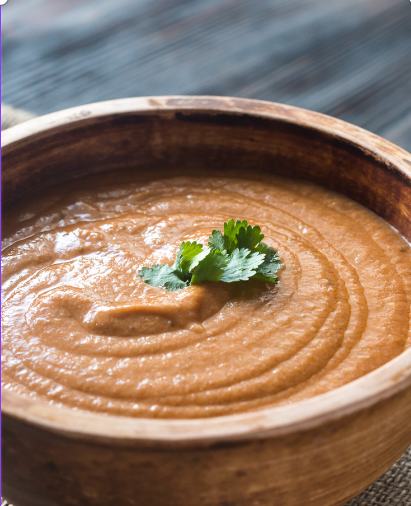
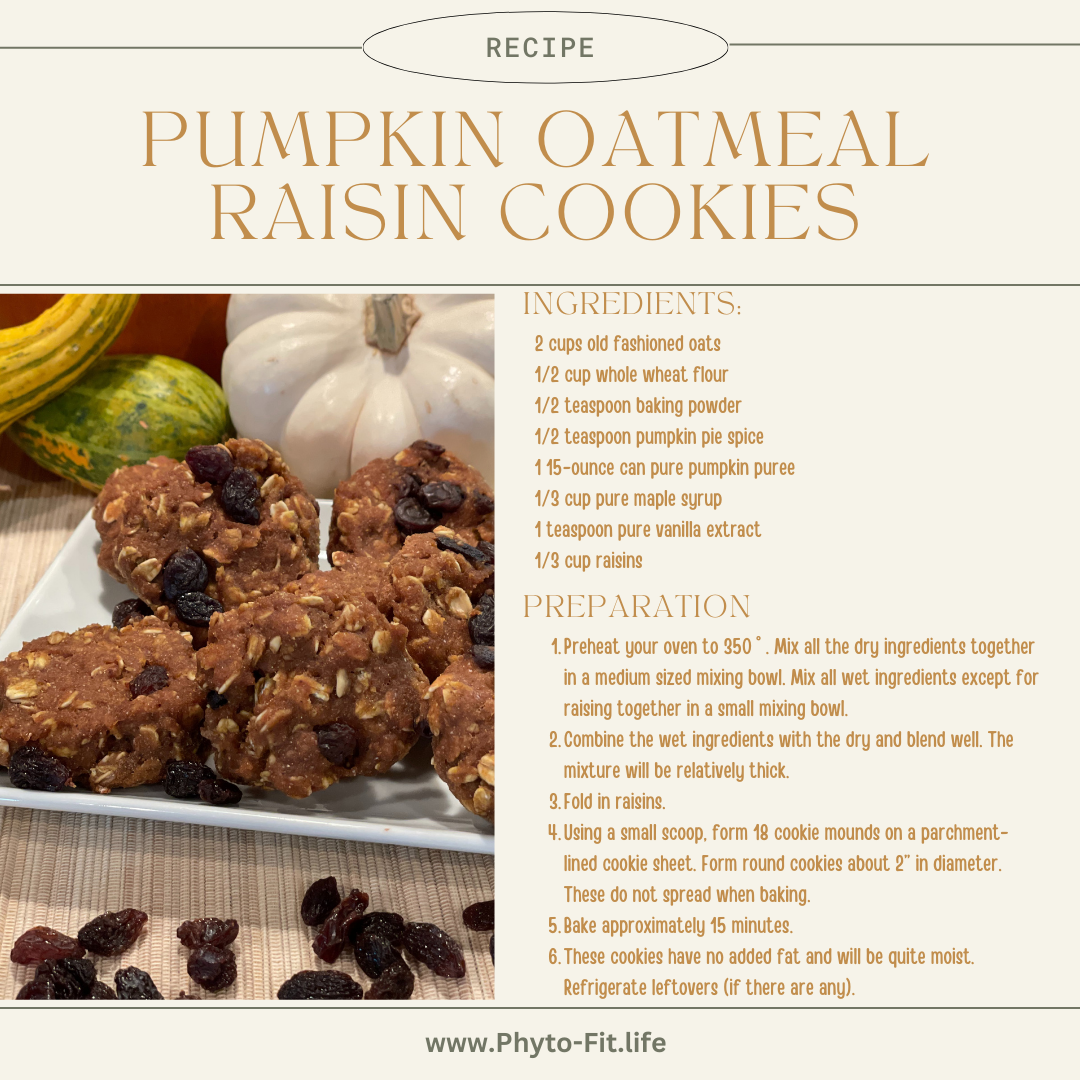

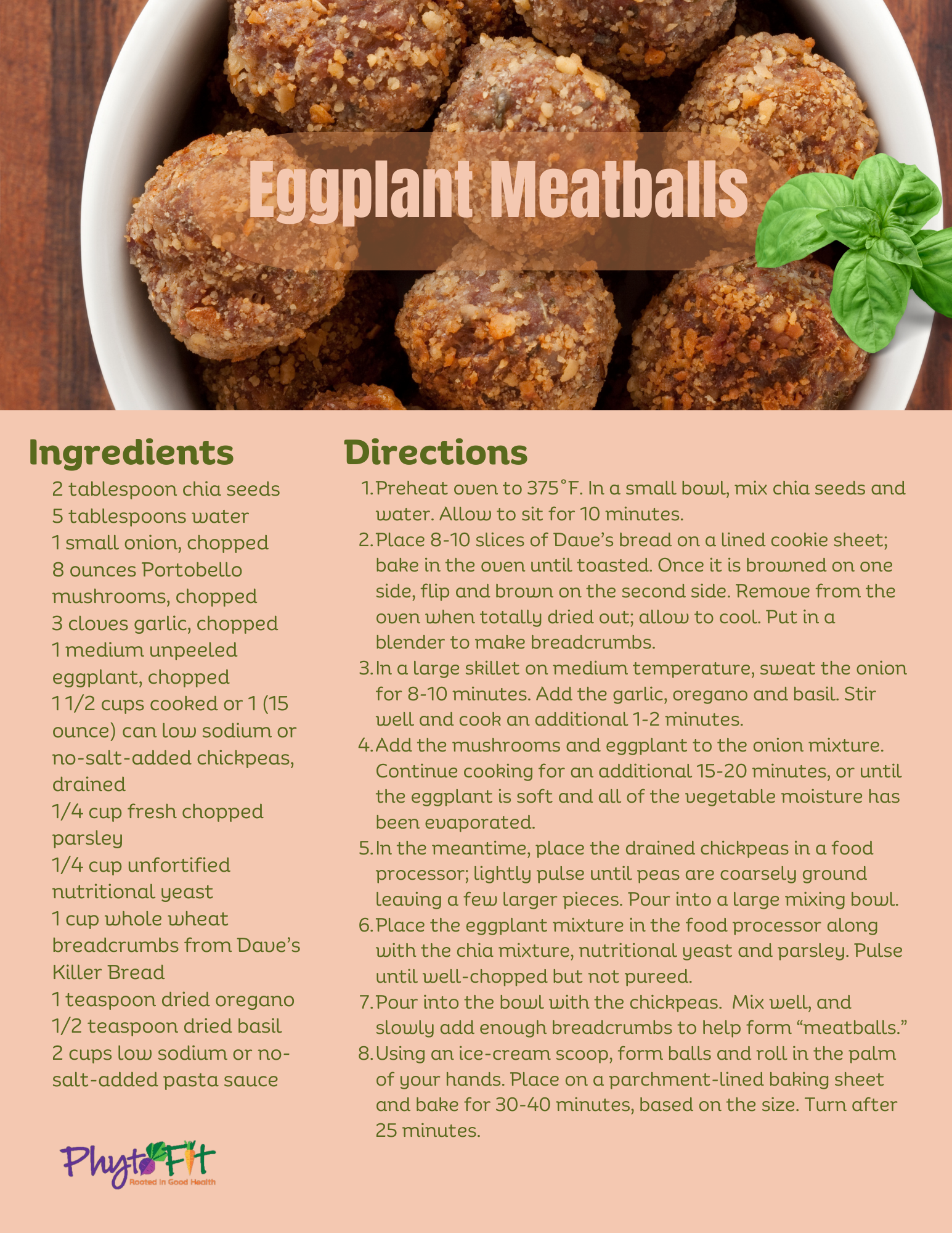
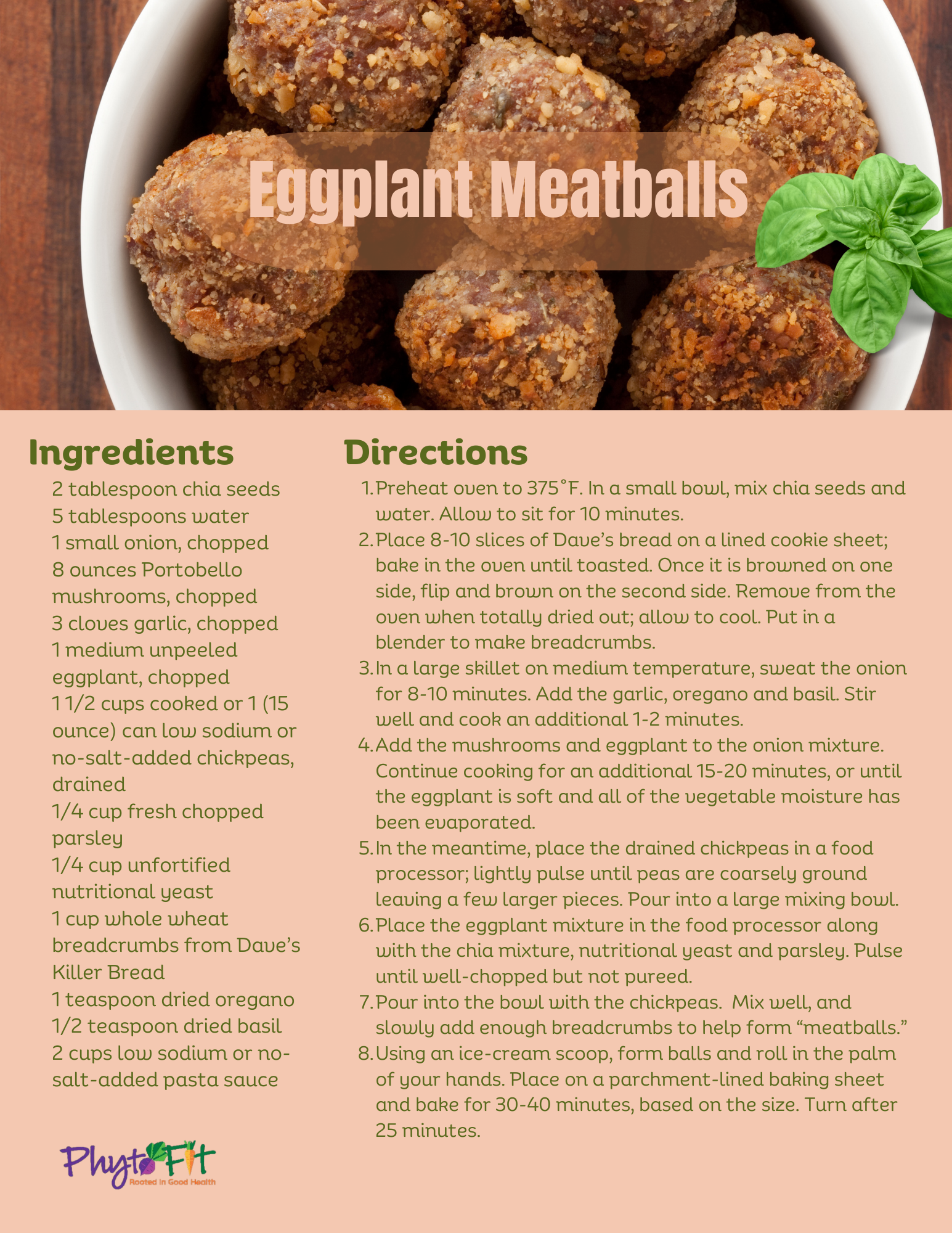
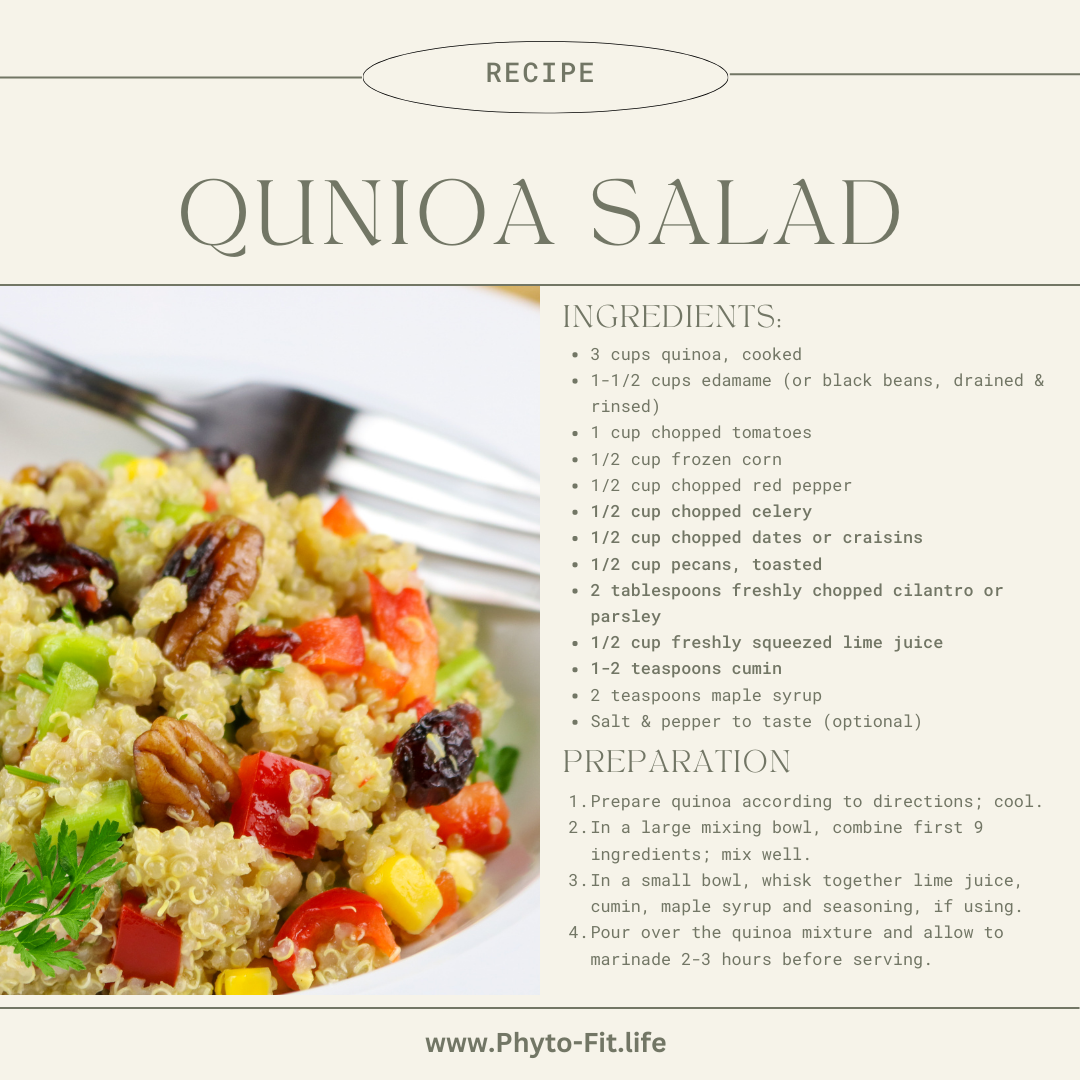
Other Blogs


